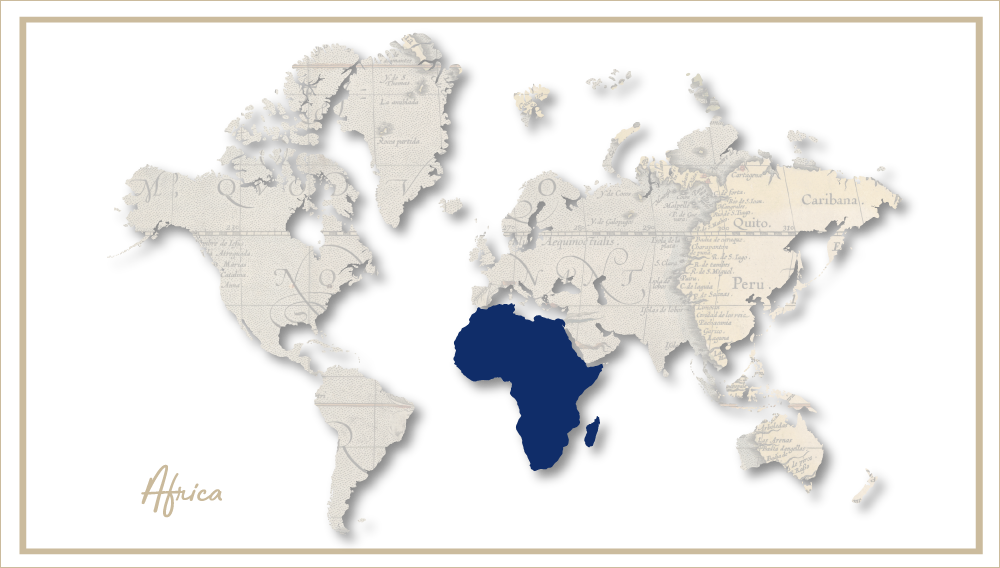Struggle and success never far apart
The good news first. In Southern Sudan, an oil-rich break-away republic of 8.5 million people, which still happens to be one of Africa’s conflict hot spots, SABMiller opened a brewery in May 2009 with 180,000 hl of capacity. By the end of 2010, brewery operations will have increased to 350,000 hl.
SABMiller reported that the original USD 37 million investment created employment for hundreds of Sudanese and created a pioneering land lease agreement between SABMiller and the local Juba community that ensured they receive royalties from the development.
The brewery will continue producing White Bull lager and Chairman’s Extra Strong Beer in addition to beginning production of two of SABMiller’s existing brands Nile Special Lager and Club Pilsner.
Carbonated soft drink capacity will also be increased from 60,000 hl to 320,000 hl in response to rising demand for its sparkling soft drinks range and pure drinking water.
Ian Alsworth-Elvey, Managing Director was quoted as saying: "We have sold more beer in the first three months of our second year of operation than we did in the first nine months since production began and in 18 months we have turned the brand into one of the most recognisable in the country."
In an effort to reduce its dependency on imported raw materials, earlier this year SABMiller won nearly USD 1 million in funding from the Africa Enterprise Challenge Fund (AECF) to introduce a local sourcing model for cassava.
Now the bad news. In Ghana, SABMiller is seeking to de-list its subsidiary Accra Brewery (ABL) in order to implement a tough business recovery programme aimed at turning the company around.
Ghana, with its 23 million people, is a well-established beer market. Guinness and Heineken have been there since the early 1960s, while SAB entered in 1997, buying nearly 70 percent of ABL’s shares.
Depending on whose figures you trust more, Ghana’s brewers ABL and Guinness Ghana Breweries (GGB) produced 1.4 million hl (SABMiller) or 1.7 million hl (Barth Report) in 2009, down from 1.9 million hl in 2008.
ABL is the number two brewer in Ghana. It claims a market share of slightly under 30 percent and a sales volume of 317,000 hl beer in its financial year 2010 (ended 31 March 2010), down from 342,000 hl in 2008.
Readers will note immediately that the figures do not add up, whichever way you look at them. If we accept Ghana’s beer output in 2009 to have been 1.4 million hl, then ABL’s market share must have been much lower than the alleged 30 percent (actually closer to 20 percent).
Which may explain some of SABMiller’s woes and the decision announced in mid-August 2010 that ABL will table a resolution at its AGM to be held on 8 September 2010 to seek a de-listing from the Ghana Stock Exchange. The brewer stressed that the proposed de-listing is not expected to impact on job security, day to day conduct of business and relationships with stakeholders such as employees, suppliers and customers.
Still, according to local media, some minority shareholders have vowed to prevent ABL from de-listing.
SABMiller admitted that ABL has faced difficult market conditions over the past few years. That’s putting things mildly. In fact, ABL has accrued losses in its past two financial years and has not paid any dividends.
Market leader GGB was formed in 2004 by a merger of Ghana Breweries, owned by Heineken, and Guinness Ghana Ltd. Heineken has a 20 percent stake in Guinness Ghana Breweries.
GGB’s financial performance is far from rosy. Between 2006 and 2009, the company almost tripled turnover, yet net profits declined almost 18 percent according to its financial statement issued 30 June 2009.
Authors
Ina Verstl
Source
BRAUWELT International 2010

